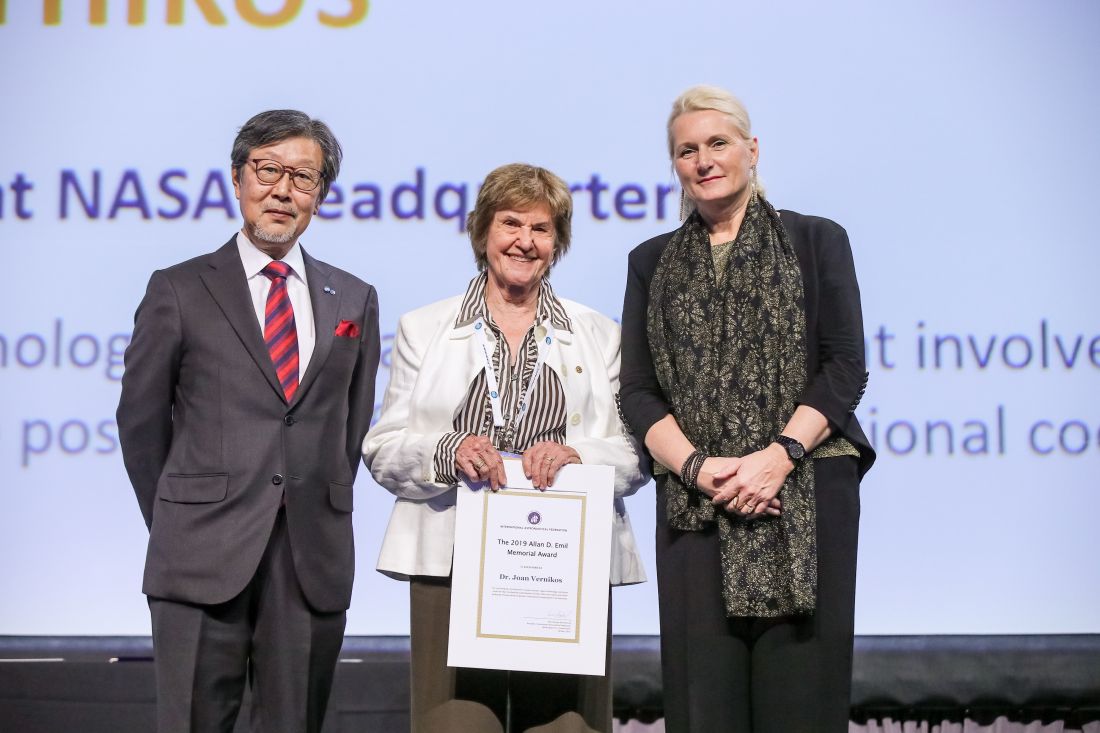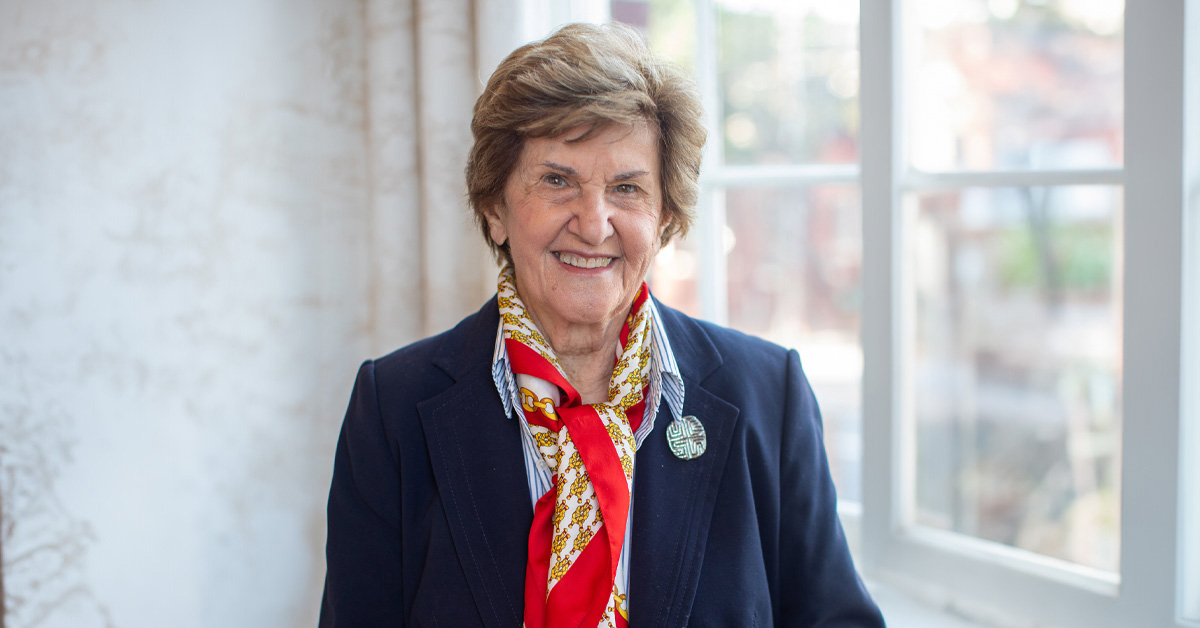Dr. Ioanna Vernikos, internationally known as Joan Vernikos, was born and raised in Greece and from an early age showed her passion for the life sciences. She studied Pharmacology at the University of London and later pursued an academic career as an Assistant Professor at Ohio State University, before joining NASA’s Ames Research Center in California in 1964. There, she began pioneering research on how the human body responds to stress and microgravity, opening new paths in biomedical science.
Leadership at NASA
 Her career reached its peak between 1993 and 2000, when she served as Director of Life Sciences at NASA Headquarters. In this role, she oversaw critical research programs focused on astronaut physiology, the understanding of weightlessness effects, and the transfer of this knowledge to life on Earth. Her work contributed significantly to the development of strategies for astronaut health and safety on long-duration missions, while also inspiring applications in understanding human aging.
Her career reached its peak between 1993 and 2000, when she served as Director of Life Sciences at NASA Headquarters. In this role, she oversaw critical research programs focused on astronaut physiology, the understanding of weightlessness effects, and the transfer of this knowledge to life on Earth. Her work contributed significantly to the development of strategies for astronaut health and safety on long-duration missions, while also inspiring applications in understanding human aging.
Publications, Innovations, and Distinctions
Dr. Vernikos has published more than 200 scientific papers and, in 1986, co-edited and contributed to the book Inactivity. She has been honored with numerous awards, including NASA’s Exceptional Scientific Achievement Medal, as well as accolades from major international aerospace medicine associations. She holds three patents, the most notable being the Human Powered Centrifuge, an innovative application of hypergravity with medical and research potential.
Linking Space and Everyday Life
Her work has never been limited to spaceflight alone. Dr. Vernikos has devoted much of her career to bridging space research with human health on Earth. Her studies demonstrated that microgravity produces effects similar to those of aging, such as muscle and bone loss. This realization led her to develop new strategies for wellness, emphasizing constant movement and the importance of small, frequent physical activities throughout daily life.

Life After NASA
After leaving NASA, Dr. Vernikos founded and became president of ThirdAge LLC, a company focused on health, aging, and quality of life. She has authored several books that combine space research with practical applications in everyday living, and she continues to lecture worldwide on the role of gravity and movement in maintaining human health.
Contribution to Greece
The centrifuge technology linked to Dr. Vernikos’ research has also found applications in Greece, where scientific teams have used her concepts to develop therapeutic methods for patients with mobility impairments. Her influence thus extends beyond NASA, leaving a tangible impact on medicine and society.

Criticism and Disputes
Despite the recognition she has received, some aspects of her career have been questioned. Certain reports have raised doubts about the extent of her involvement in specific missions or the exact scope of her responsibilities at NASA. Nevertheless, even with these disputes, her contribution to space biomedicine remains significant, and her work continues to inspire new generations of scientists.
Legacy and Present
Today, Dr. Ioanna Vernikos remains active in sharing the knowledge she gained through decades of research and service at NASA. Her views on health, aging, and the role of gravity are reference points both for scientists and the public, while her story symbolizes the power of Greek presence in the global scientific community.




